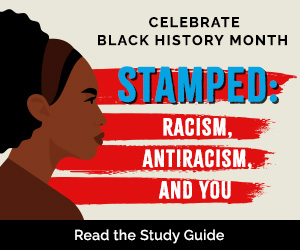Introduced early in the novel, Hugh Whitbread is a childhood friend of Clarissa’s who continues to stay connected with her throughout her adult life. He is an “admirable” figure in her eyes, representing the kindness and dignity that she associates with the British upper class. Hugh reveres the aristocracy, often thinks of others, and moves through life with a sense of confidence and accomplishment. At times, this attitude intimidates Clarissa and leaves her feeling like a child next to him, but she continues to respect him as an upstanding figure in her social circle. Lady Bruton also looks to Hugh as a knowledgeable source of authority, relying on him to help her craft opinion letters to the newspaper. Although she judges his physical appearance and slow pace, she nevertheless values his presence. Hugh is the epitome of the gentlemen that both Clarissa and Lady Bruton expect to be in their midst.
While Hugh may be a respectable figure among certain social groups, a majority of the novel’s characters see through his persona and judge him harshly for his inauthenticity. Many of his actions, such as his involvement in politics and admiration of fashion, are the result of a desire to craft a particular social image rather than genuine care or interest. This shallowness serves as a strong rebuke of the aristocracy more broadly, suggesting that the upper echelons of England’s post-war society are deeply out of touch with reality. Hugh is rather ignorant about the needs and struggles of those around him, and he is oblivious to the fact that many of his acquaintances consider him to be “an intolerable ass” as a result. Even with all of this criticism, however, Hugh largely goes unchallenged. The ease which he moves through life offers important insight into both the financial and gendered power dynamics at play within the novel. His displays of wealth shield him from public accusations of wrongdoing or cruelty, and this unspoken protection emboldens him to assert his dominance. Two moments which highlight this dynamic particularly well are his revisions of Lady Bruton’s manuscript and the rumored “punishment” kiss he gives Sally Seton. While one act is welcomed and the other is not, both instances show Hugh assuming authority over a woman and subsequently receiving praise or, at the very least, recognition of his character. These scenarios reflect the persistence of patriarchal values and the undeniable influence of wealth within the British upper class.



 payment page
payment page



